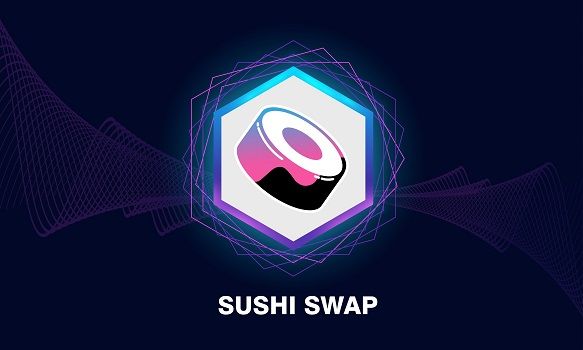
2021-7-2 08:30 |
As Unicly advances NFT combination, fractionalization, and trading, an integration with Sushiswap’s auction platform is designed to promote better pricing conditions for utoken creators and buyers.
Collaboration Designed to Improve NFT Price Discovery ProcessDespite the cooling hype surrounding NFTs, there has been no shortage of innovation in the space as non-fungible token projects explore other use cases. Echoing the fractionalization that blockchain technology champions in other areas, up-and-coming projects are embracing similar methodologies in the NFT arena.
Fractionalization of NFTs effectively means splitting a single NFT, or a collection of NFTs, into smaller, fractional pieces that can be bought and sold in primary and secondary market transactions. Instead of users having to spend enormous sums on a single NFT, this solution gives investors a practical way to gain exposure and fractional ownership of the work or collection of works.
Unicly, a permissionless protocol, is designed to assist NFT holders with combining NFT collections, fractionalizing collections through the minting of utokens, and facilitating token offerings through its automated market maker platform (a type of decentralized exchange or dex). At present, the protocol features more than $65 million worth of NFTs from different collections.
One of the challenges the project has run into is that the holder of the NFT(s) minting utokens must go ahead and provide all the capital in the form of liquidity to market the tokens, thereby taking on all the risk directly. The decision to embrace Sushi’s MISO auction methodology is designed to alleviate some of these pressures on sellers.
Miso, a tool in the Sushiswap stack, can be considered a launchpad, which effectively follows a model similar to an IPO in traditional financial markets or an initial dex offering (IDO) in crypto markets. Besides giving Unicly users a path to monetize their holdings by raising the capital needed to provide liquidity for secondary trading in fractionalized NFTs, this methodology can also allow better price discovery.
Illiquidity in tokens can pose a significant problem. Without enough liquidity, market function can create pricing pressures that hurt end-buyers by raising costs and preventing more widespread participation in offerings or secondary market transactions. With Sushi’s technology combined with Unicly’s methodology, fractional NFT sellers and buyers can in theory each practically benefit from the added liquidity of the solution.
In the future, the partnership might also benefit Sushi’s forthcoming NFT platform titled Shoyu. In the meantime, the tie-up can power dual-listings of fractionalized NFTs while improving incentives for liquidity providers and elevating price discovery in traditionally thin markets.
if (!window.GrowJs) { (function () { var s = document.createElement('script'); s.async = true; s.type = 'text/javascript'; s.src = 'https://bitcoinads.growadvertising.com/adserve/app'; var n = document.getElementsByTagName("script")[0]; n.parentNode.insertBefore(s, n); }()); } var GrowJs = GrowJs || {}; GrowJs.ads = GrowJs.ads || []; GrowJs.ads.push({ node: document.currentScript.parentElement, handler: function (node) { var banner = GrowJs.createBanner(node, 31, [300, 250], null, []); GrowJs.showBanner(banner.index); } });
Fractionalization Hurdles Still RemainWhile fractionalization can help individuals diversify their funds into areas like fine art, which were traditionally off-limits for retail traders and investors, this process is not without its drawbacks. One of the key points critics have jumped on is the rights issue.
When a buyer purchases a fractional piece of an NFT, the question of what rights they are entitled to as owners remains. Because this is still a young and relatively undefined area, fractionalization can be very opaque given the limited public information available from each token.
These efforts have also raised legal considerations, especially from the SEC, which might characterize them as a security or investable product, thereby requiring more documentation and legwork related to offerings.
The other question relates to the safety and technical soundness of splitting these NFTs, and the ability to recombine them later. Unfortunately, problems in both these areas have unfolded in the past, making it especially important for companies in the fractionalization space to address the issues and explain how their technologies overcome these pitfalls.
Will fractionalization of NFTs push you to purchase your first NFT? Let us know in the comments section below.
origin »Bitcoin price in Telegram @btc_price_every_hour
NFT (NFT) на Currencies.ru
|
|


